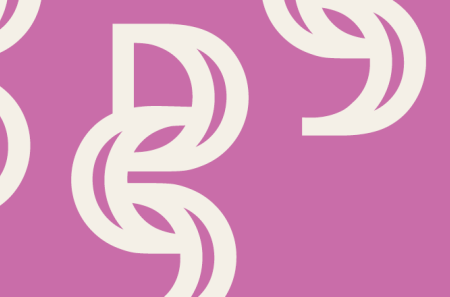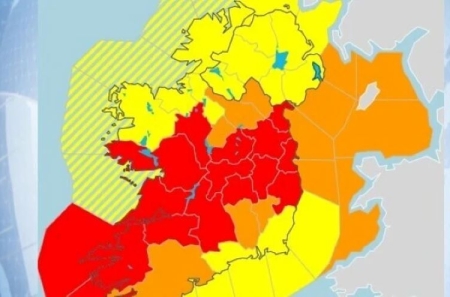
John Bell Day Lecture 2023: Testing the foundations of quantum mechanics with levitated mechanical systems
10 November 2023Watch back this year's John Bell Day lecture with Professor Hendrik Ulbricht. This event was hosted by the Chief Executives’ Club at Queen’s and the Royal Irish Academy, in association with the School of Maths & Physics.
Testing the foundations of quantum mechanics with levitated mechanical systems
We are using ideas which go back to Professor John Bell such as generating and testing quantum states based on the superposition principle. The overarching goal of our approach is to extend experimental tests of quantum foundations to the macroscopic domain and to large-mass systems. I will discuss experiments on levitated mechanics based on optical, Meissner and Paul trapping nano- and micro-particles in vacuum. Experiments hold promise for testing the quantum superposition principle interferometrically and non-interferometrically. I will explain how that works and where we are with experiments, and emphasise the role of noise in this context. Experiments are pushed in a parameter regime where both quantum states, such as superpositions, and gravity effects are possible to be generated and detected. That low energy non-relativistic regime is expected to provide a new test arena for experiments into the overlap of quantum mechanics and gravity.
About our speaker
Professor Hendrik Ulbricht obtained his undergraduate degree in physics (Dipl.-Phys.) from the Technical University at Berlin (Germany) and the Albert Einstein Institute (Max Planck Institute for Gravitational Physics, Golm) in 2000 with a theoretical work on Black Hole Thermodynamics. He graduated with a PhD (Dr. rer. nat.) from the Free University of Berlin and the Fritz Haber Institute of the Max Planck Society (Germany) in 2003 with a work on experimental surface science in the group of Nobel Laureate Gerhard Ertl (NP in Chemistry 2007). After a postdoc position at Vanderbilt University in Nashville, US on a Max Kade fellowship and as senior postdoc and Assistant Professor at the University of Vienna (Austria), he joined the Department of Physics & Astronomy in 2008 as a Reader and was promoted to a personal chair in 2014. He leads the Quantum Nanophysics and Matterwave Interferometry research group.
Professor Ulbricht’s current research is Interferometric and Non-Interferometric tests of Quantum Mechanics where the goal is the experimental test of quantum superpositions and the interplay between quantum mechanics and relativity in the macroscopic domain where composite particles contain one million atoms or more; Quantum Technology for Fundamental Physics using Meissner levitation to trap ferromagnetic microparticles at low temperatures and in vacuum. The goal is to use the rotational and translational motion of the ferromagnets to measure tiny forces and fields interacting with the particle; Nanoparticle Trapping, Cooling and Interferometry the goal is the experimental test of quantum theory and eventually also gravity in the context of quantum mechanics by studying nanoparticle motions. This effort ultimately aims to generate spatial quantum superposition states of such nanoparticles, which is directly testing quantum mechanics in the macroscopic domain.



